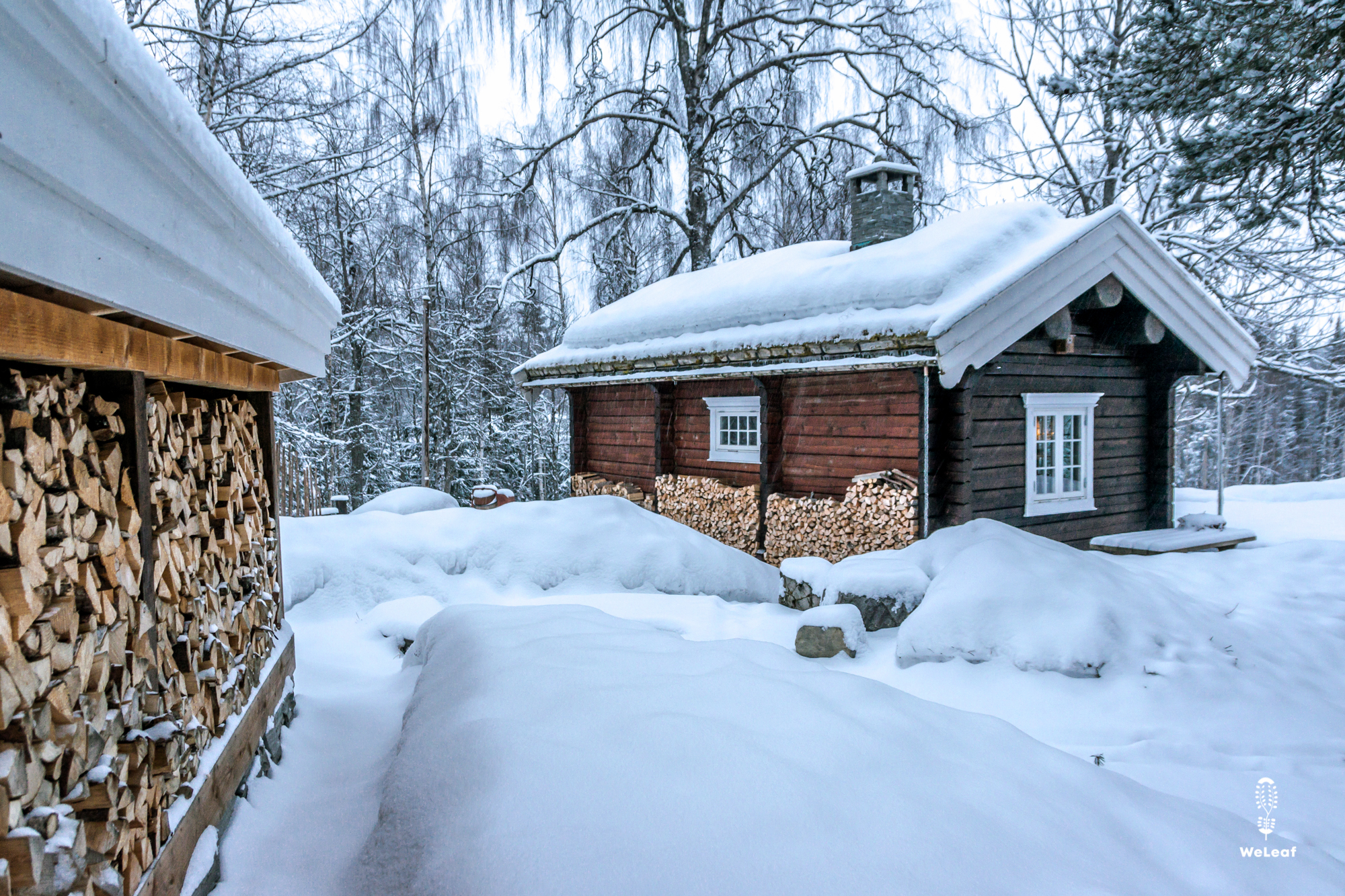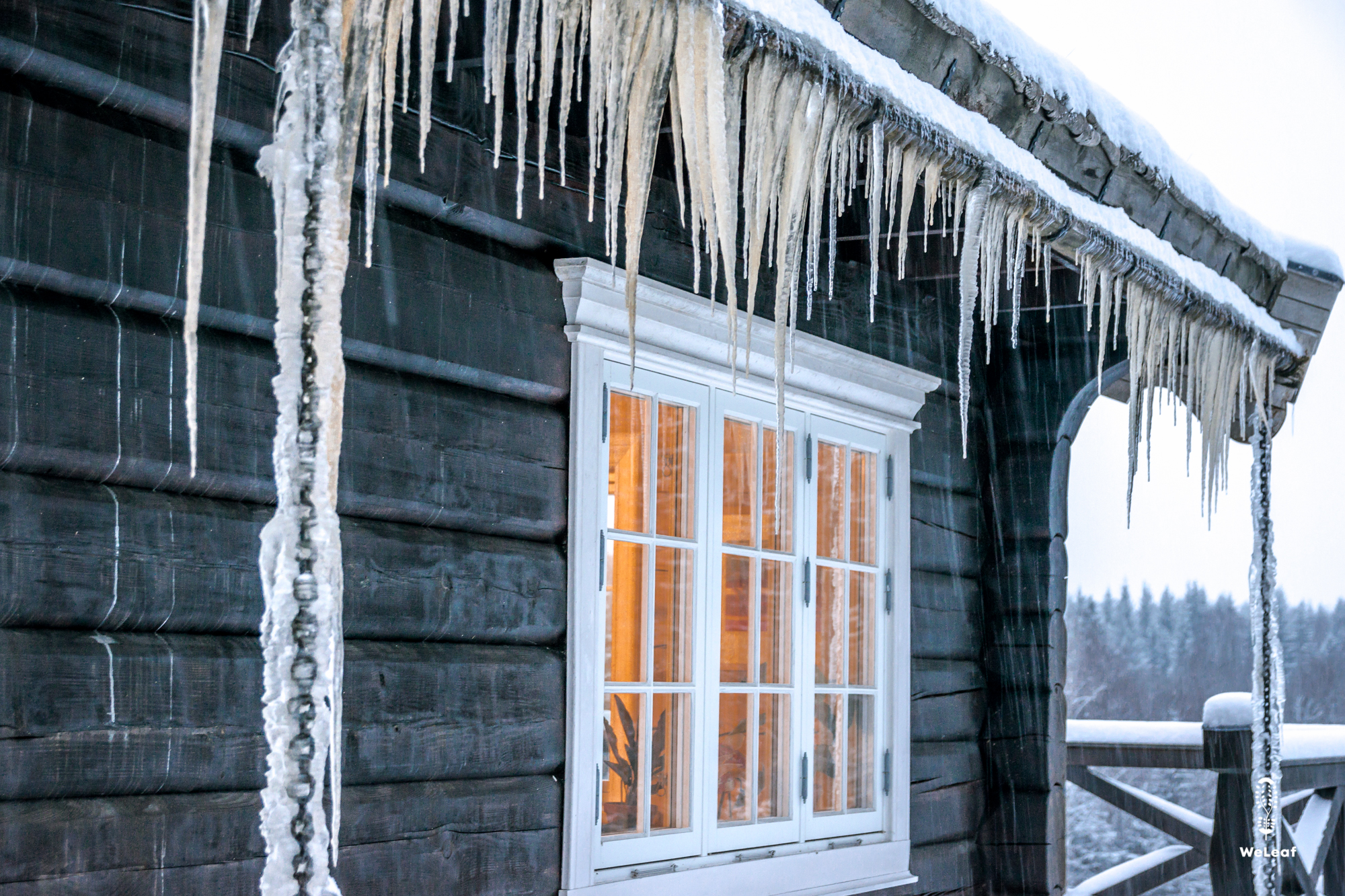
Lagging behind

Finding balance
March 2, 2024
Route de la baguette
October 14, 2024
Thursday februari 29 - Lillehammer
“I follow your feeling,” Zoë says in the car after the house visit, ”I don't have a particularly positive feeling about the house, but I don't have a negative feeling either.
Her mind is now mostly on the winter adventure that she will guide alone. Tomorrow she leaves and especially the long car ride over the snowy roads is giving her a lot of stress. As of Sunday, she is unreachable in nature, so it is up to Olivier to place a bid. The house is 7 kilometers from Lillehammer, just doable by bike, but all the way uphill. The view is beautiful, so is the sun position, and behind the house nature begins. The price is also decent, 3.9 million, a lot above our budget. The first floor of the house is an apartment to rent out and that can partly cover the loan. Olivier's gut says we should go for this, it feels right to him.
“3.7 million, maximum,” Zoë says when we look at the financial picture at home, ”that's a lot of money!"
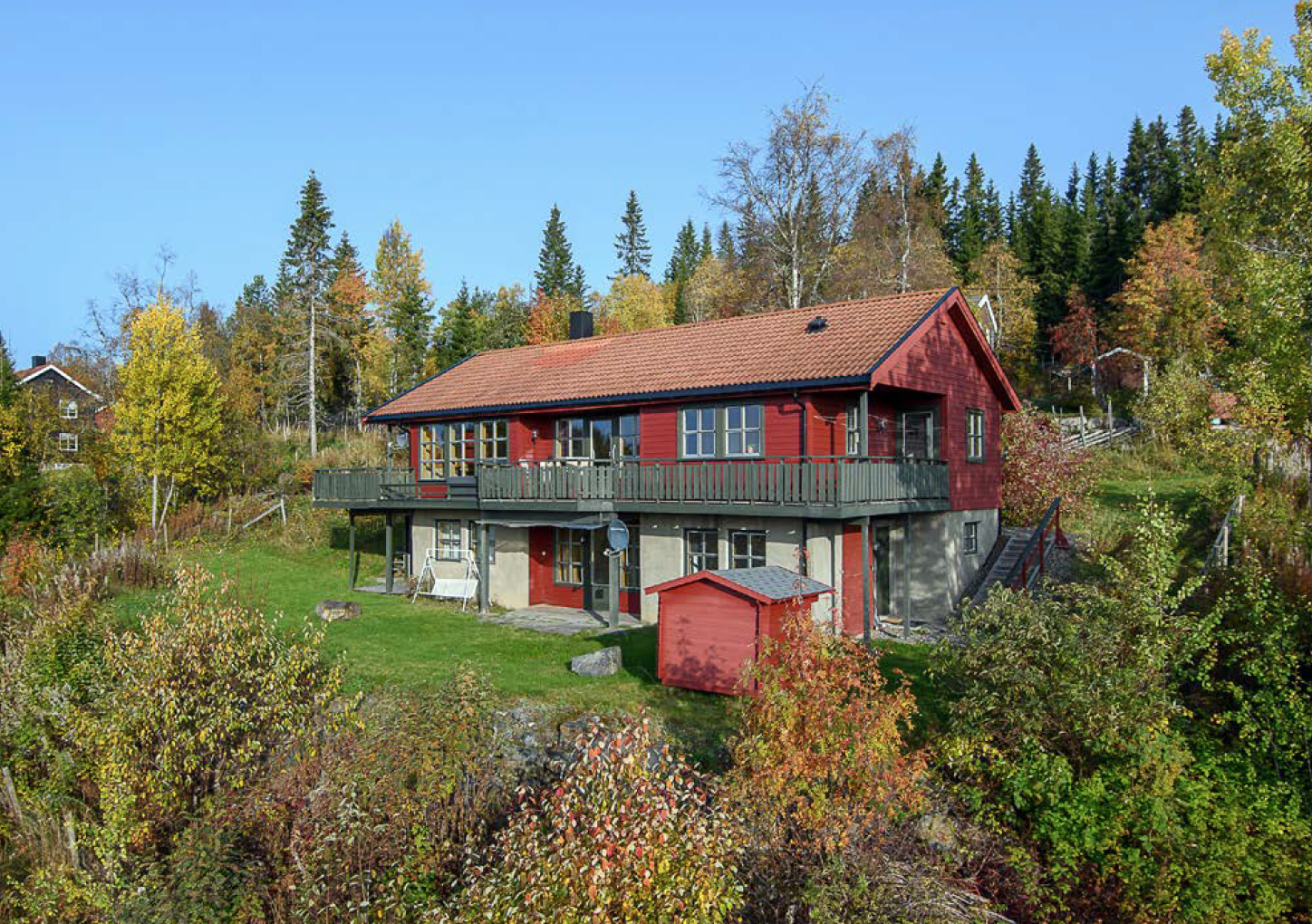
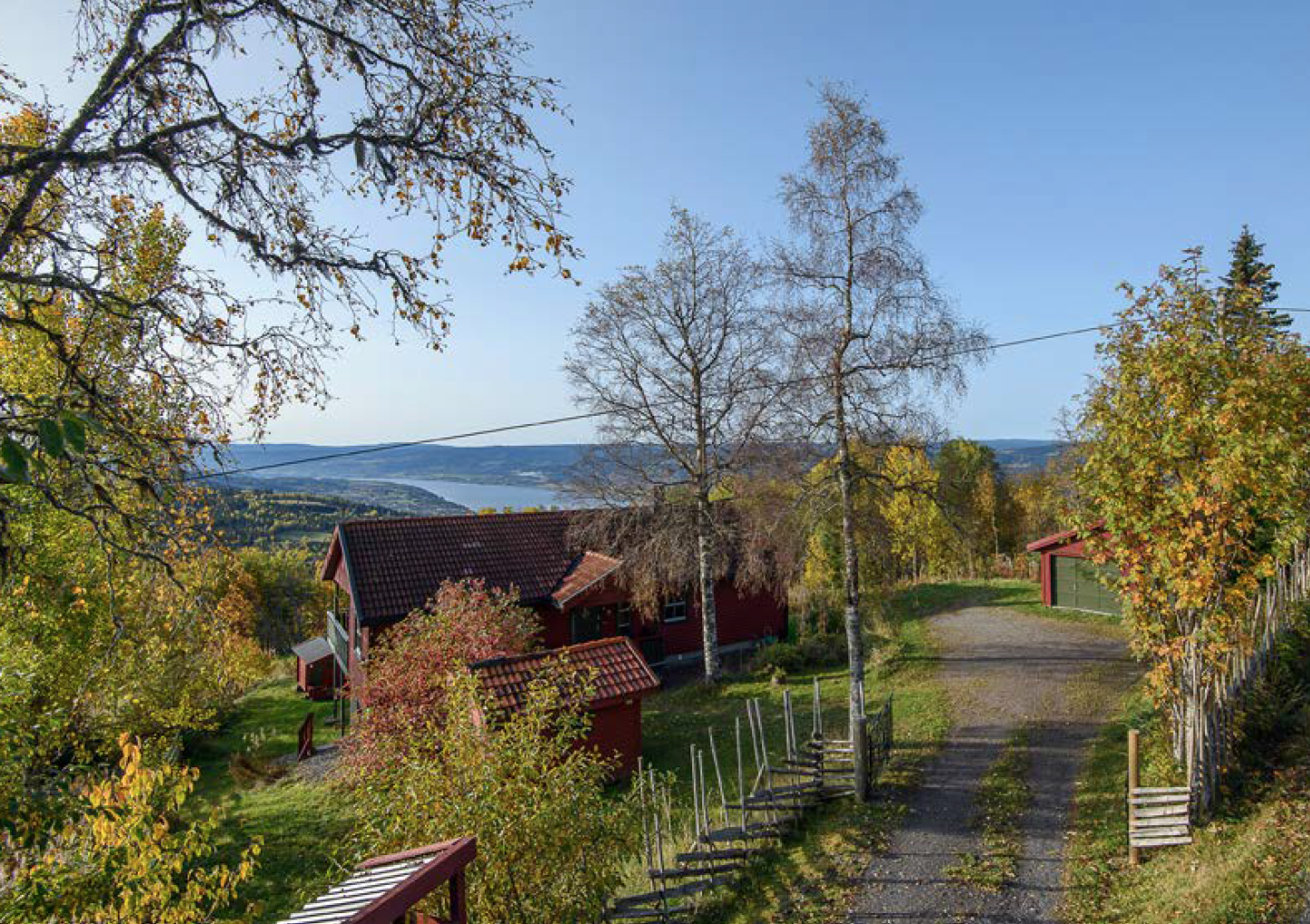
Doubt and stress
We have already applied for a loan a few times in Norway, but without success. With Olivier's permanent job, we can finally get a loan, the bank told us a few months ago anyway. This week Olivier has already sent some applications and they are being processed. We have our own capital and with the possible rental income, the loan is not that big. Olivier calls a few banks on Friday and sends additional information. Once we have the proof of financing on Monday, we can finally make an official offer on a house. Exciting!
Monday morning Zoe is in the wilderness with her group, Olivier travels by train to Oslo. He has not been in the office since January and it is time to show his face. At 10:37 a.m. a message appears on his phone.
*"Vi har mottatt følgende bud: kr. 3.500.000. Akseptfrist 04.03.2024 kl. 15.00".*
Shit! Not now! There's an offer on the house. Olivier becomes stressed. Fear, tension and helplessness shoot through his body. We still have no answer from the bank and only have until 3 p.m. this afternoon to make a higher offer ourselves. Every so often, Olivier disappears into one of the meeting rooms to call the bank and broker. But where the banks sounded cooperative and positive on Friday, we now get a different message. Half of our income comes from WeLeaf, which is still registered in the Netherlands.
'Income from the Netherlands does not count in Norway. Only your income in Norway we use in the calculation, and that is not enough to support two people and pay a loan,' the bank's advisor tells us.
Even potential rental income suddenly doesn't count, whereas last week that was a plus. An advisor from another bank simply says he doesn't have time to do anything today. The bank's websites, however, say that the proof of financing is top priority, even if we have a viewing tonight. Apperantly not for everyone.
At a little past 3 p.m., the broker calls Olivier. “The owners have rejected the offer.
Whew! We still have a chance. Until late in the evening, Olivier works on a document to prove Zoë's income from the Netherlands and line up our own deposits for the bank. Tired, but with hope, Olivier crawls into bed.
Zoe, meanwhile, has very different concerns on her trip. One of the participants became seriously ill and had to be picked up by the Red Cross. Zoë is sick herself and is worried about the rest of the group and the long journey. What if she is too sick herself? Or if all the participants get sick? Guiding a winter hike with just two people is already tough. She needs all her reserves to pull through.
On Tuesday, a new offer for the house comes in, 3.6 million. All the extra information seems to be simply ignored by the banks. They simply brush us off with “no time today” and “Dutch income doesn't count” or they again ask for new information they need to thoroughly assess the application. Clearly, we are not getting the same treatment as a Norwegian. One of the banks we called asked as our first question, “Are you Norwegian? No. Oh, then you need more equity than 15%." We have more than that, a steady job in Norway and a business in the Netherlands with stable income. Yet every bank refuses to give us a loan. Olivier's physical therapist tells the same story. He is from Denmark and had been working in Lillehammer for six months. They had more than €100,000 of their own capital, but couldn't get a loan. In the end, his parents had to come from Denmark to become co-borrowers, and he pays 2% more loan than a Norwegian. An American woman we know here was told she must have at least 50% equity. With her job as a top researcher at a reputable Norwegian institute, any Norwegian could borrow a few million kroner in no time. A foreigner couldn't. It feels like discrimination.
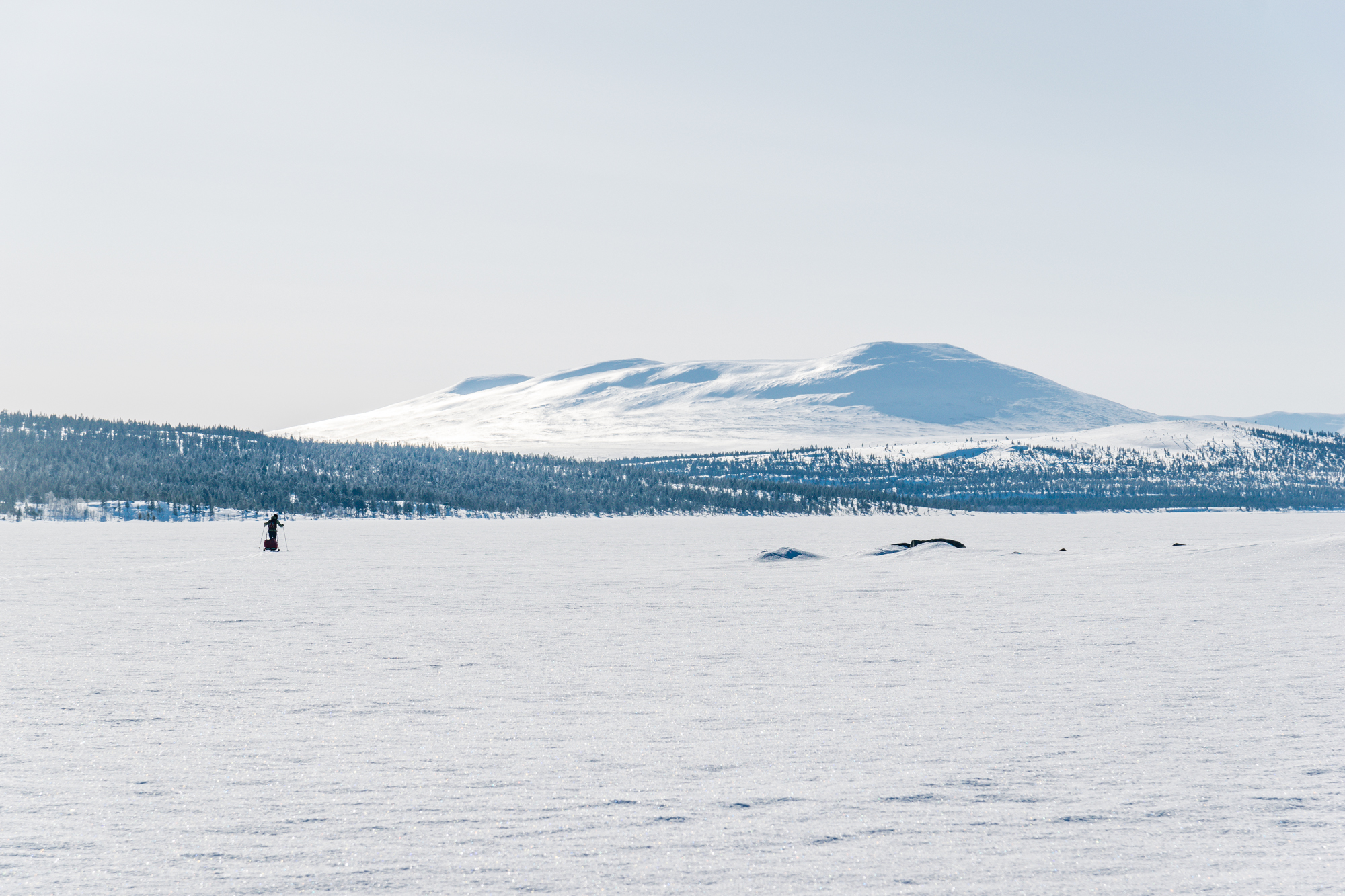
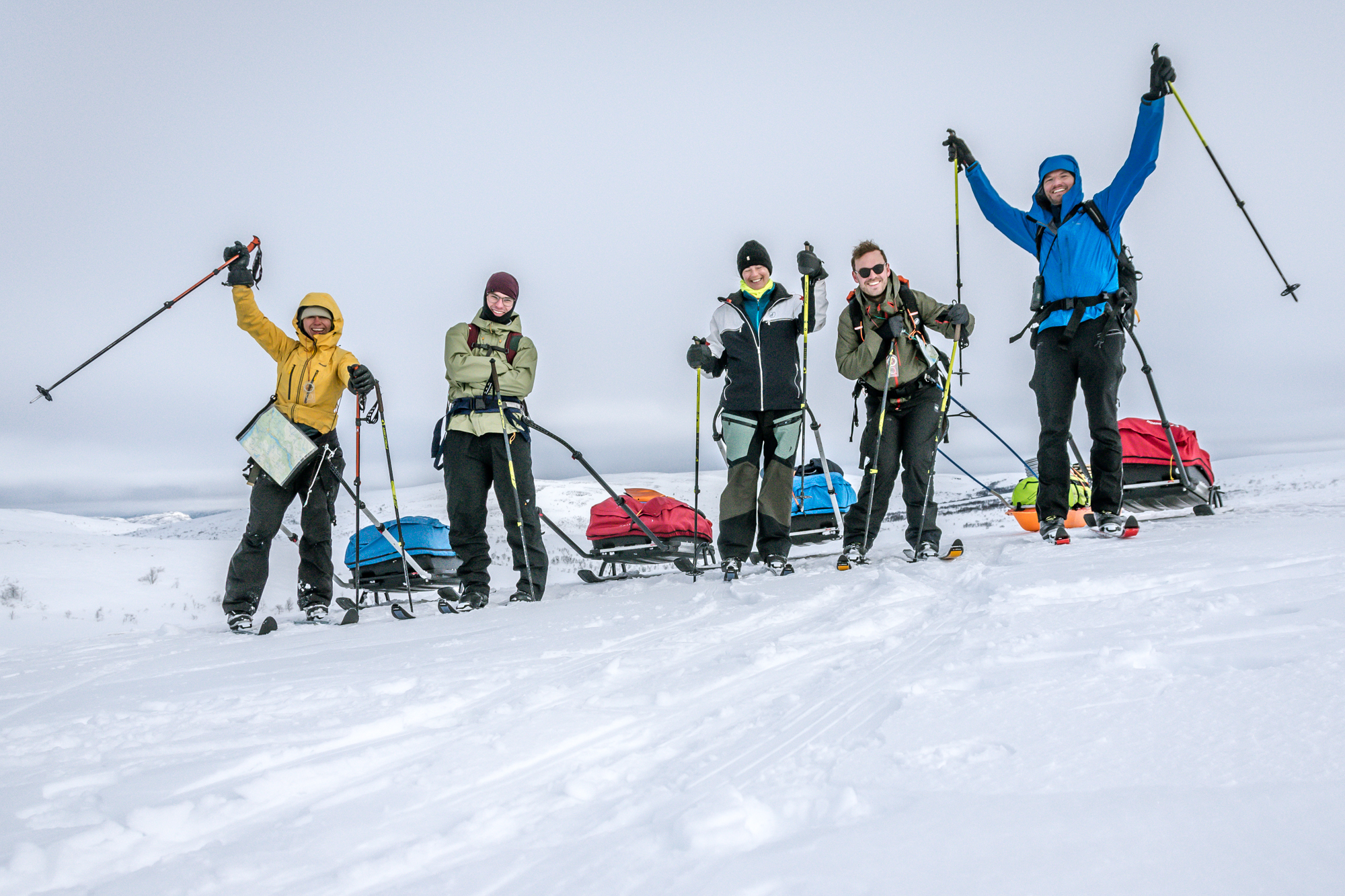
Captured
In the afternoon, Olivier receives word from the real estate agent that the bid has been accepted. Olivier's world collapses for a moment. This is much more than a great opportunity lost. Hope is being lost. Since November, Olivier's work laptop closes at 3 p.m. and then opens his own laptop to work on WeLeaf. It was all worth it, until now. If even with a steady job we can't get a loan? For Olivier, it feels like four months thrown away, but most of all he feels fear. How are we going to get out of this vicious cycle? For a house we need a loan and for that we need work. Should we give up WeLeaf completely and both have steady jobs in Norway to get that loan? Do we have to give up our passion that we have worked so hard on? Is it worth it? We feel trapped.
We so want to look ahead and plan for the future. This is difficult to do when too many uncertainties remain in the short term. Yet we cannot change the system in Norway. We can only accept that getting a loan is very difficult. These are the facts and we have to accept it. There is only one option: keep trying. The perseverer always wins! That's where we try to get the positive energy from, no matter how difficult it is sometimes. We have conquered enough mountains on our journey to know that victory always follows. The suffering is not always fun, but overcoming those setbacks makes us stronger as human beings. In the end, we get better from this arduous process and in a few years the setbacks will have faded into hazy memories.
